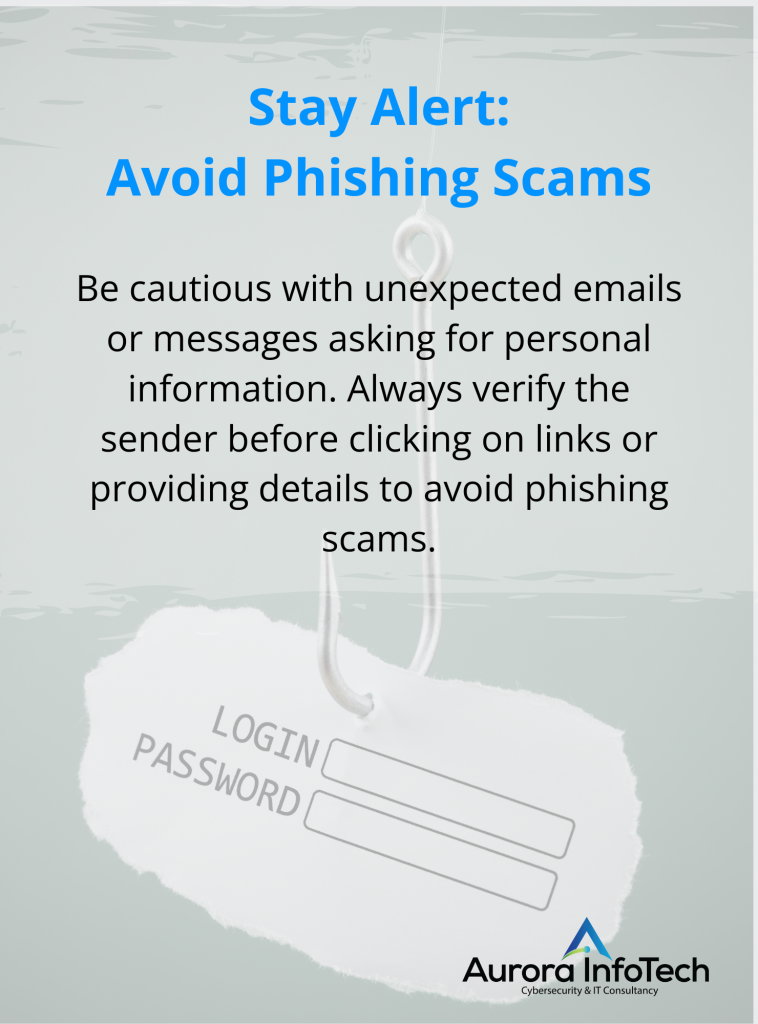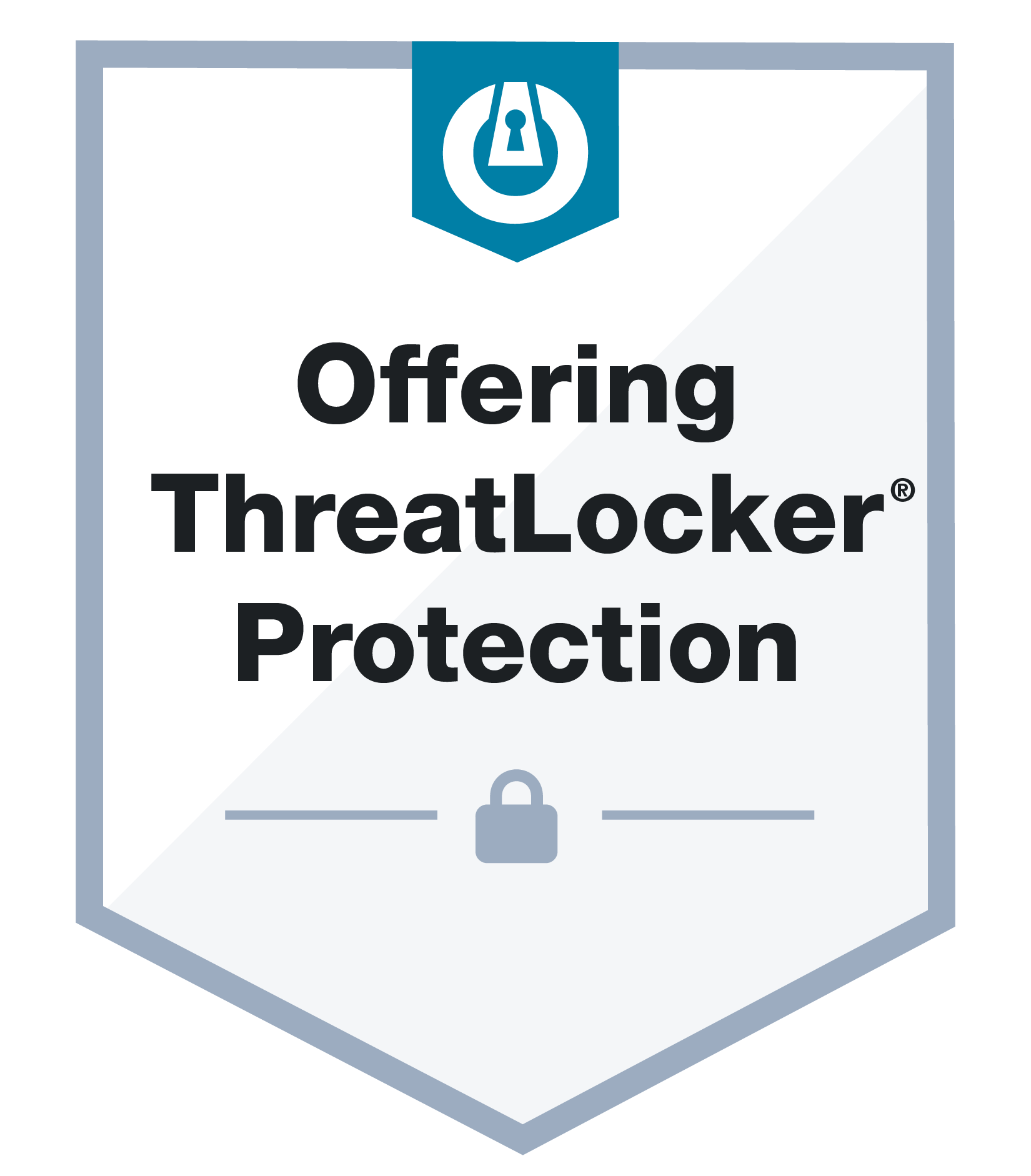

On August 16th, a significant data incident occurred at National Public Data, a company known for conducting background checks. This incident exposed millions of individuals’ sensitive personal information, including Social Security numbers, posing a critical threat to both individuals and businesses.
What Happened?
Hackers managed to infiltrate National Public Data’s systems, accessing a massive database filled with personal details. The leaked information includes full names, addresses, dates of birth, Social Security numbers, and phone numbers. The scope of the breach is extensive, potentially affecting nearly everyone in the United States with a Social Security number.
What Information Was Compromised?
The stolen data is highly sensitive, making it a prime target for fraudulent activities. Cybercriminals could use this information to:
- Open new credit cards or loans
- File fraudulent tax returns
- Steal identities
- Commit other financial crimes
How to Protect Yourself and Your Business:
For Individuals:
- Freeze Your Credit: Contact Equifax, Experian, and TransUnion to freeze your credit, preventing new accounts from being opened in your name.
- Monitor Financial Accounts: Consistently review your bank and credit card statements, along with other financial records, to spot any unauthorized transactions.
- Beware of Phishing: Stay vigilant against suspicious emails, calls, or texts that attempt to collect personal information.
For Businesses:
- Verify Employee Data: Review and verify the accuracy of employee Social Security numbers and other sensitive information.
- Strengthen Cybersecurity: Enhance your company’s security protocols to defend against similar breaches.
- Implement Employee Training: Educate staff on data security best practices to prevent social engineering attacks.
- Monitor Business Credit: Regularly review your business’s credit report for any signs of fraudulent activity.
- Consider Cyber Insurance: Evaluate whether cyber insurance could help mitigate financial risks.
Take Action Now:
Proactively take steps to protect yourself and your business from the potential fallout of this incident. By following these guidelines, you can minimize the chance of experiencing identity theft and economic damage.










